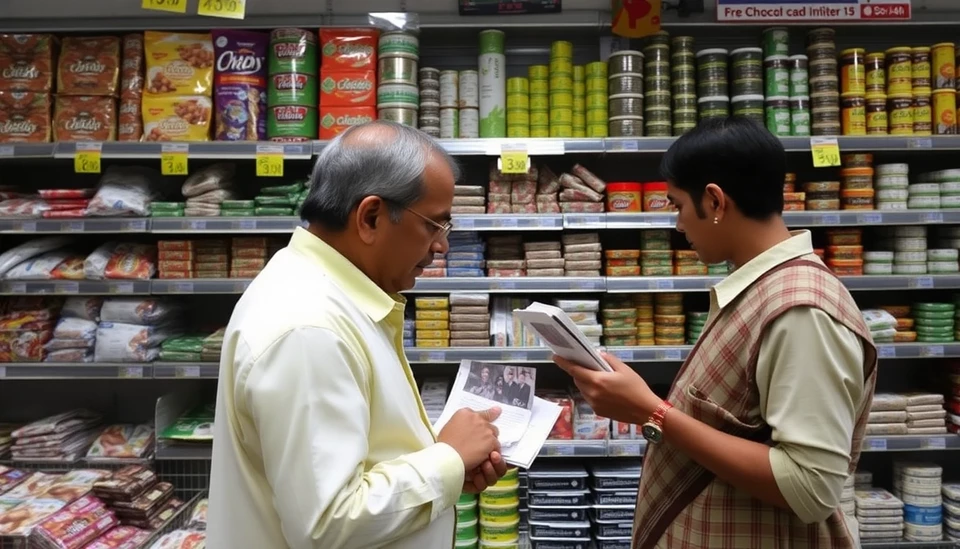
In a recent report, India's retail inflation rates have surged, prompting widespread discussion about potential implications for monetary policy as overseen by the Reserve Bank of India (RBI). The latest data indicates that inflation has reached levels not seen in recent times, leading analysts to speculate on the necessary steps that the central bank may take to counter this rising trend.
The Consumer Price Index (CPI) reflects a staggering increase in prices across various sectors, with essential items such as food and beverages witnessing significant hikes. This trend has raised alarms regarding the purchasing power of consumers, especially in a nation where a significant portion of the population is sensitive to fluctuating prices.
Economists and analysts are closely monitoring these developments, as the RBI must consider various factors in its approach to monetary policy. The central bank has a dual mandate to foster economic growth while controlling inflation within its target range. As inflation figures dance above these thresholds, there is growing pressure on the RBI to adjust interest rates to steer the economy towards more stable conditions.
During recent statements, various officials from the RBI have hinted at the possibility of reconsidering their strategies, asserting that they will remain vigilant against any unchecked inflationary pressures. They emphasized the need for a calibrated response that considers both immediate economic conditions and long-term growth prospects.
The retail inflation scenario has not only raised domestic concerns but has also caught the attention of global investors. Rising inflation in India, if sustained, could detrimentally influence foreign direct investment (FDI) inflow, as potential investors look for stable economic environments to channel their capital. As uncertainty looms, market participants are analyzing how these inflation trends might affect currency valuations and overall investment strategies.
The trajectory of inflation in India is further complicated by external factors, including fluctuating commodity prices and supply chain disruptions that have arisen due to geopolitical tensions worldwide. These dynamics underscore the intricate landscape that the RBI navigates when crafting policy responses that balance multiple challenges.
With all eyes on the upcoming policy meetings, the market sentiment appears to lean towards speculation regarding potential interest rate adjustments. Investors and consumers alike await clearer signals from the RBI, hoping to gauge how the central bank will approach this challenging economic landscape.
As these developments unfold, stakeholders across sectors will remain vigilant, understanding that the implications of inflation can have far-reaching effects on the broader Indian economy.
For now, the question remains: will the RBI act decisively to rein in inflation, or could we see a more prolonged period of elevated price levels? The answer to this question could significantly influence not only economic policies in India but also set a precedent for emerging markets globally.
Stay tuned as we continue to monitor these developments and provide updates on the situation.
#India #RetailInflation #RBI #MonetaryPolicy #EconomicGrowth #InterestRates #Investors #CPI #Economy #Finance
Author: Rachel Greene




